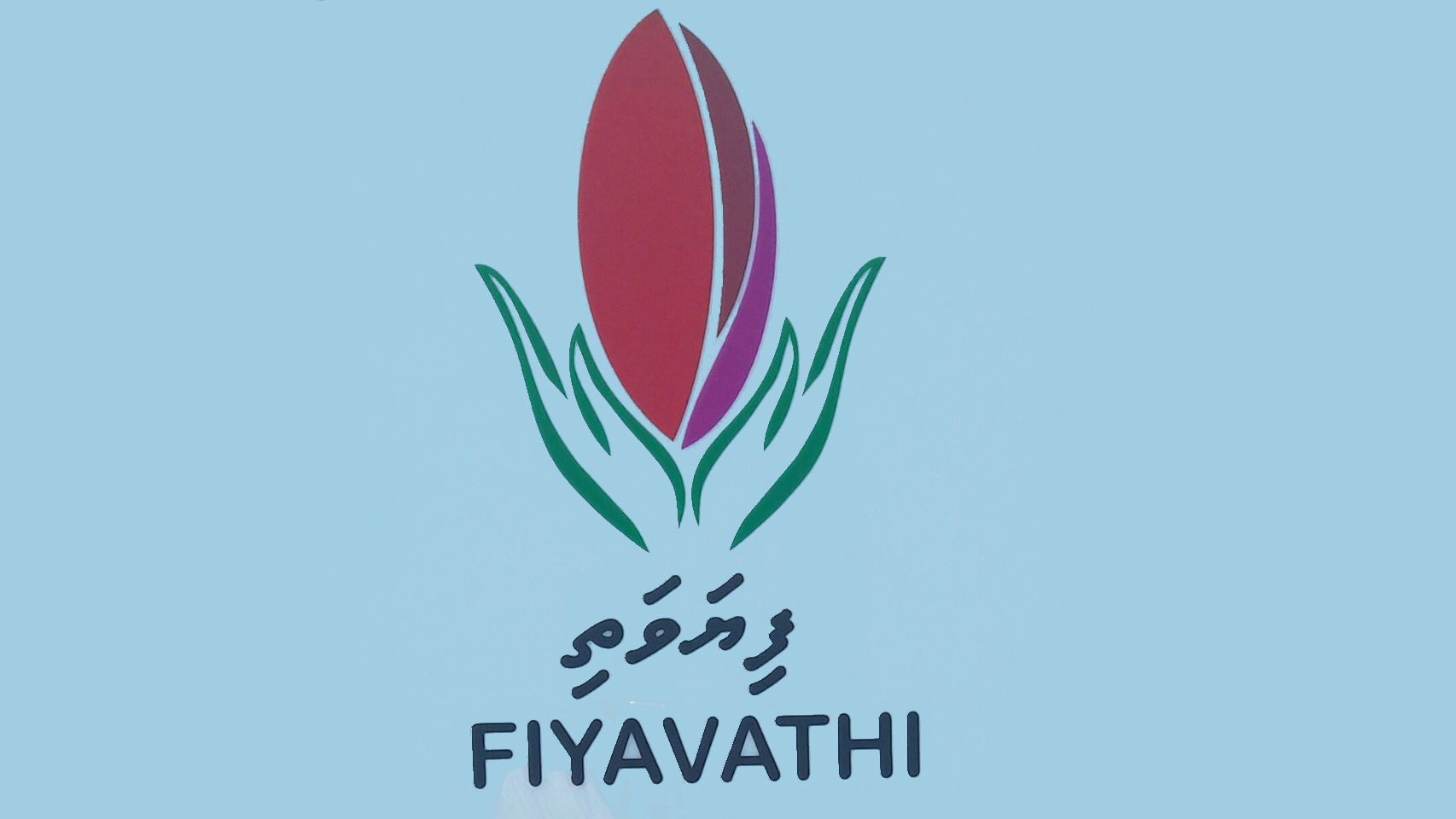No red flags in death of infant under state care
Mohamed Shakeeb, executive coordinator at the gender ministry, said the authorities have not learned of any suspicious incidents related to the death. The police investigation will determine if negligence by staff at the Fiyavathi children’s home was to blame, he said.

18 Oct 2016, 09:00
The death of a five-month-old infant at the state-run children’s home in Hulhumalé on Monday morning has not raised any red flags so far, the gender ministry has said.
According to the police, the case was reported around 11:14am after the infant was pronounced dead upon arrival at the Hulhumalé hospital.
Newspaper Mihaaru reported that the baby was rushed to hospital with breathing difficulties.
Mohamed Shakeeb, executive coordinator at the gender ministry, told Sun Online that the authorities have not learned of any suspicious incidents related to the death. The police investigation will determine if negligence by staff at the Fiyavathi children’s home was to blame, he said.
Become a member
Get full access to our archive and personalise your experience.
Already a member?
Discussion
No comments yet. Be the first to share your thoughts!
No comments yet. Be the first to join the conversation!
Join the Conversation
Sign in to share your thoughts under an alias and take part in the discussion. Independent journalism thrives on open, respectful debate — your voice matters.




